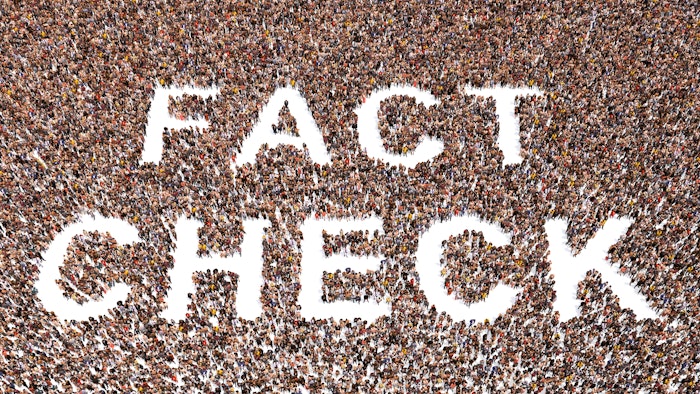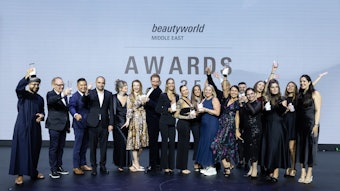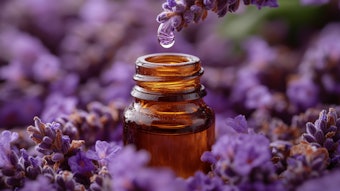
Pledgers of the Perfumery Code of Ethics worldwide have opened their inboxes to provide a resource for writers, journalists and academics with what the organization refers to as "broader, less filtered information."
Journalists, Academics & Writes can send their questions or requests for interviews/fact-checking to [email protected]
A release by the Perfumery Code of Ethics reads, "Access to ethical and reliable source of information in perfumery is extremely difficult to obtain. It is well-known that the fragrance industry is shrouded in secrecy. For instance due to the diktat that some perfume brands exercise on magazines and websites because of the significant amount of advertising spending that they provide to these media. Most staff and staff-perfumers working or creating for the largest brands are bound by non-disclosure agreements, or do not wish to be shunted from the next luxury projects.
Traditionally, retired perfumers do not convert into reliable sources of information either.
The academic or academic-like programs offered by a few organizations have not been vetted by Academia at the same level as a STEM program or art history programs at reputable universities.
Fact-checkers rarely know how to actually verify their sources in the perfumed microcosm. They often believe simple Google searches or plain declarations by the very persons who have vested interests in the story. When something as simple as a bergamot is for the most part wrongly pictured on search engines, access to more specific information remains very often unreliable or misleading."
How It Works
Once a journalist, writer and/or academic sends an inquiry, one of the pledgers will answer on a "best-to-their-knowledge" basis, or will dispatch the request to other pledgers with more insights on the subject matter. Requests may also be forwarded to other organizations such as the Osmotheque, or professional organizations such as Fragrance Creators and the International Fragrance Association depending on the query's content.










